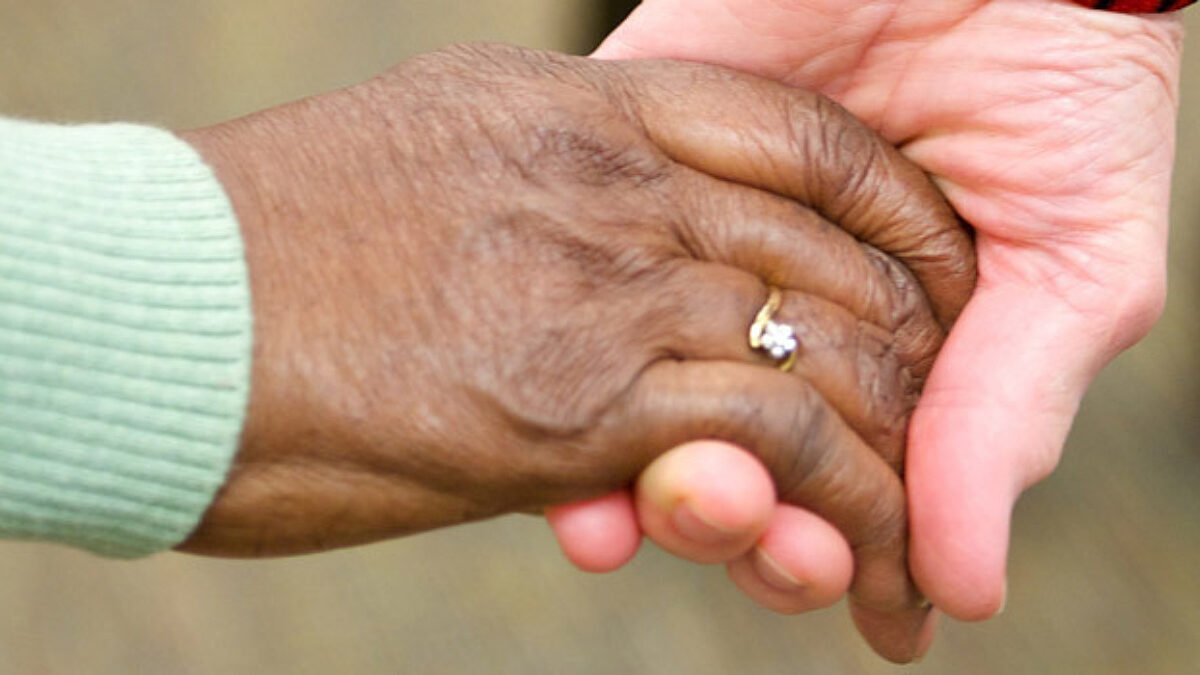
Once (color) blind, now I see the light
By Jessica Brodie
Growing up, race wasn’t a big deal to me.
Maybe it was growing up in Miami—where the swirl of Spanish mingled with the tropical breeze, where your bare arms on the beach were just a shade darker or lighter than your friends’, and no one could tell who was Latina or white or “mixed” or what—but it seemed like no one cared about race in the least. My coworkers and classmates were from New York or Haiti or Cuba or Venezuela or Barbados. We cared more about whether we could communicate in the same language—and how we could avoid the slog of traffic during rush hour. Everyone was from somewhere else, doing the best they could to fit in and get ahead in life.
But as I’ve transitioned to the South in the last decade or so, and as I’ve traveled to other locales, I’ve realized that living in an international, multicultural community was an anomaly, and not everyone grew up as color-nonchalant as I did. I’ve come to understand that, for many, race is not just a big deal but a huge stumbling block, one rife with historical hurts and anguish that won’t just “go away with the passage of time,” as many have suggested. Slavery, Jim Crow laws and the backlash against the Civil Rights Movement took a major toll on the people of this state in particular, and even those who were born far after that era struggle with the pain of what their parents or grandparents had to endure—or themselves caused.
It won’t just go away. You don’t just “get over it.” Time heals much, but often, it takes much more. It takes understanding; it takes acknowledgment that someone did wrong. It takes apology. Sometimes, it takes tears. And ultimately, it takes forgiveness and a willingness to walk anew.
As Paul wrote in 2 Corinthians 5:17, “Therefore, if anyone is in Christ, the new creation has come: The old has gone, the new is here!” Amen, amen, but let’s also be aware of the old, grieve for the old, so we can fully embrace the new creation God has in store for South Carolina.
The conference’s Racial Reconciliation Pilgrimage to South Carolina State University this month, where people will revisit and remember the Orangeburg Massacre, is a step in the right direction. We encourage Advocate readers to prayerfully consider attending this two-day event (see Page One) and take initial steps on the path to racial healing.
While I grew up color blind, now I see the light. And I see we have much work to do in the realm of racial reconciliation.
Let’s all do what we can to open our eyes, and our hearts.